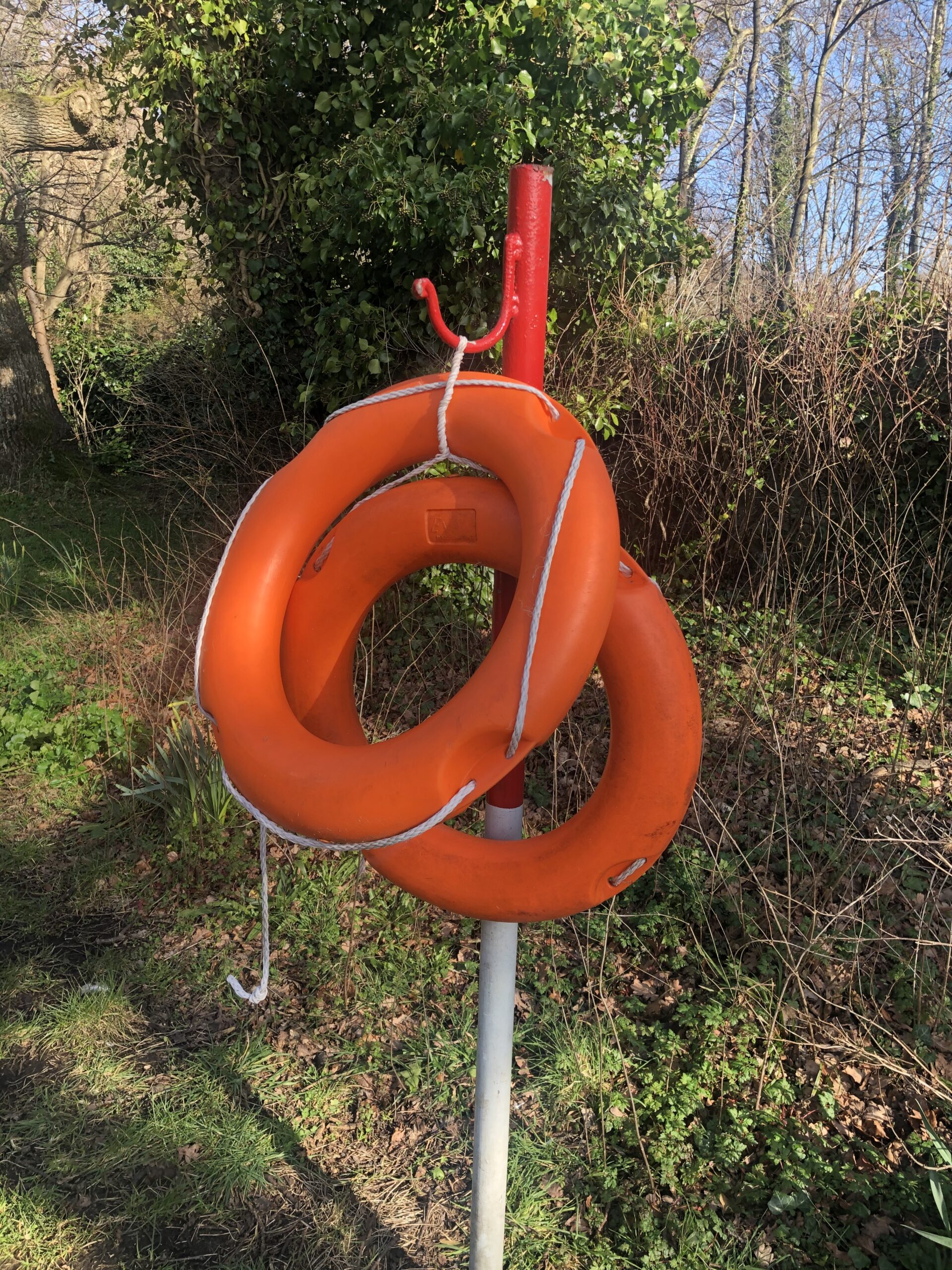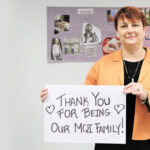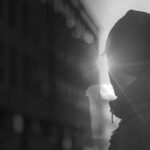Exploring the lived experience of addiction: A photovoice project
Dr Maria Quinlan is a sociologist who specialises in the use of creative, person-centred research methods that aim to facilitate people in sharing their lived-experience. She has used a variety of innovative adaptations of the photovoice method to explore issues such as mental health; homelessness; sexual violence; race and ethnicity. She is a collaborating research fellow at University College Dublin, and Head of Research at the Institute for Integrative Counselling and Psychotherapy, where she lectures in Advanced Research Methods and the Sociology of Mental Health.
Over the past several months, myself and my colleague, artist Patrick Bolger, have had the absolute privilege of working with some of the clients and staff of Merchants Quay Ireland (MQI) on a project which aims to explore the personal stories behind addiction.
Using a research method called photovoice, where we use photographs as a tool to help share stories, we worked with three groups of people who are at various stages of their recovery journey, as well as family members of those experiencing addiction.
Our aim in these projects is to be in service to the participants and their voice – the story that they want to tell, the one that they feel is most important, most powerful. It’s simple and yet in a world where we are used to ‘experts’ owning the space to speak on these issues, it can be quietly radical to shift the power to those with lived experience, to those whose voices are seldom heard, and so often undervalued and marginalised.
In Ireland most of us have been affected by addiction in one way or another – and yet we can feel isolated and alone because we are not encouraged to talk about it. We don’t tell our stories, we don’t reveal our vulnerability or humanity to each other. That silence fosters shame and stigma, so despite this being such a collective and ubiquitous problem across the country – we can all feel alone. But the reality is we are not alone.
Sharing our stories, and healing in community
 We’re not alone – through sharing our stories we save each other. We heal in community. In relationship with one another. In spaces that provide safety and support.
We’re not alone – through sharing our stories we save each other. We heal in community. In relationship with one another. In spaces that provide safety and support.
I’m drawn to this image of two life-buoys because it conveys for me both how the group process of these projects work, and also how the participants in this project describe their recovery. Photographs of life-buoys are used by several people in the project to describe the sense of safety and support they have received from MQI.
Photovoice is a mechanism that helps us talk, allowing us to share our stories in a safe way. It’s a group effort that is fundamentally based on connecting with the humanity of our own experiences and sharing that with others. As reflexive researchers, myself and Patrick are part of that process, we share our stories – we share our wounds, our vulnerability before expecting others to share theirs. Vulnerability creates kinship, and one person’s open-ness begets another’s and thus we share and heal and feel empowered together as a group, all equals in the process.
The greatest gift we can give others is our full authentic story – and then to bear witness while others share theirs. As we share our stories, shame diminishes. The stories shared by people as part of this project are inspiring and healing. As we see parts of ourselves reflected in their experiences, we can breathe out in our sameness, in our shared humanity. There is no them, there is only us. We belong to each other.
Preferencing the lived-experience
As someone who researches using mostly creative, qualitative methods it can sometimes feel like a battle to have that research taken seriously. We live in a world that tends to value one kind of knowledge over another. Statistics are often described as ‘hard-facts’, and qualitative data that is rooted in an expanded enquiry into people’s experience can be seen as merely one step up from anecdote.
We preference ‘hard data’ often without really understanding what that is, the limitations of it and the assumptions that underlie it – we treat it as objective fact when that is not the case, and on the other extreme, we often dismiss the knowledge that is rooted in people’s day to day experience as subjective. I believe we need both, the yin and yang so to speak. We need to understand issues such as addiction from multiple angles, multiple lenses – we need nuance. These issues, their complexity, multi-layered nature demands that of us. It demands that we keep exploring and trying to understand the roots, the causes, and what we can do to help reduce the pain suffered in society.
Traumatic experiences can be difficult to express, to talk about, to fully understand – using images as a basis for sharing our experiences with others allows us to bypass the mind and go straight to the heart, where so much of our rich wisdom lies. As Einstein said, “the intuitive mind is a sacred gift and the rational mind is its faithful servant – we have created a society that honours the servant and has forgotten the gift.” The methods we use aim to tap into the intuitive mind and give voice to its insightful wisdom.
They are not only tools for generating nuanced insight, but the process itself has been found to be a powerful method in assisting the journey towards recovery and healing. Studies using photovoice have found that being seen and heard can be an important tool in healing – especially for those whose voices are often silenced by stigma and shame.
Accessing healing is an expensive privilege. The work MQI do is desperately needed – as expressed clearly by the participants in this project, the job it does is exceptional, providing vital services, community and support in a context of love and compassion.
I’d like to thank all at MQI and to the men and women who so generously shared their stories and deep wisdom with us. They have, and are, navigating very difficult terrain and their insight is powerful for all of us to hear.
It’s a huge privilege to do this work, each project is personally transformative and healing. Spending time in communion with people who are willing to share their beautiful, flawed, perfectly imperfect selves is a gift. It inspires me to do the same and that is where the deepest most fulfilling connections come from.
‘The Lived Experience of Addiction’ will run in The Copper House Gallery on 7th, 9th – 11th March. All welcome. Details here.

